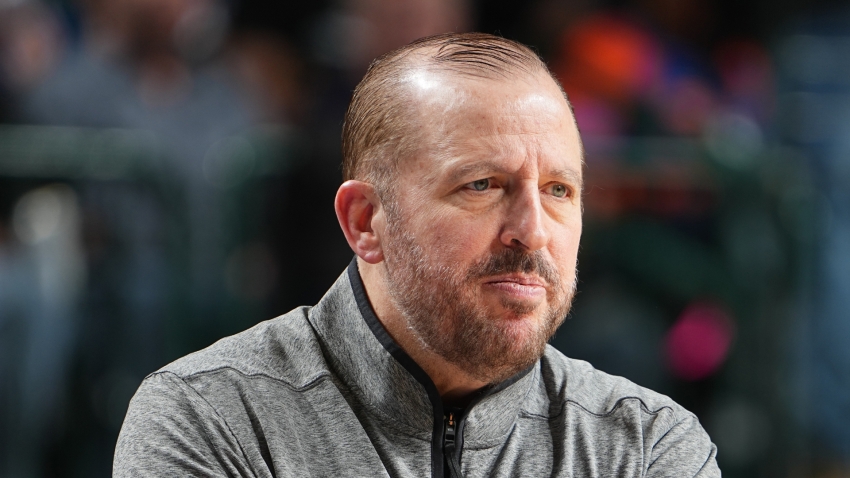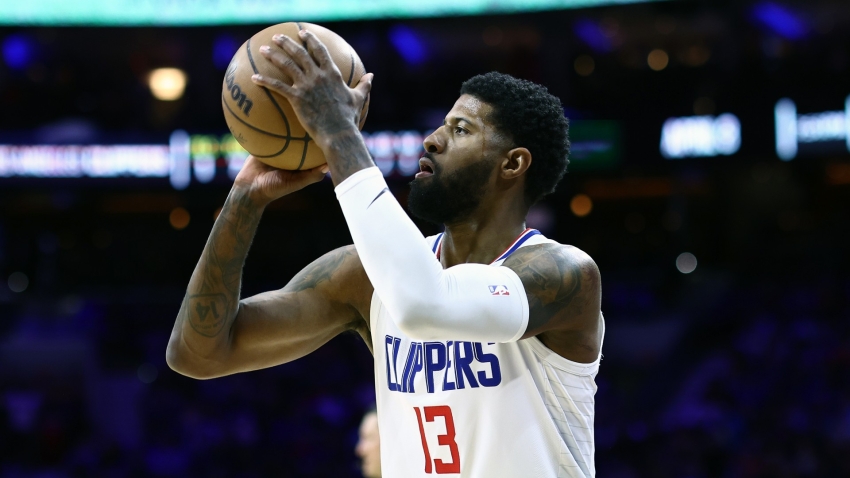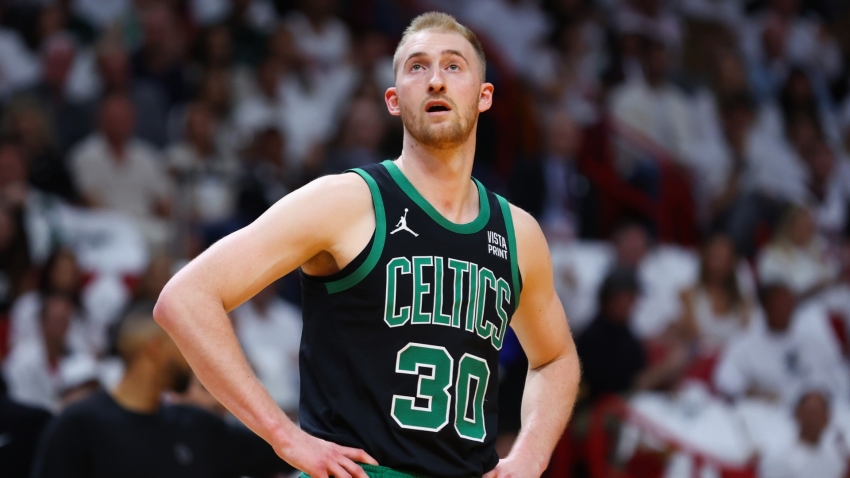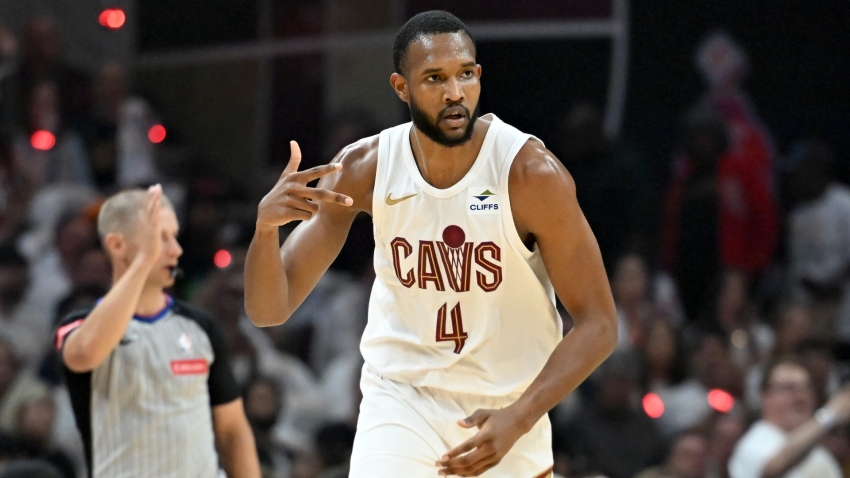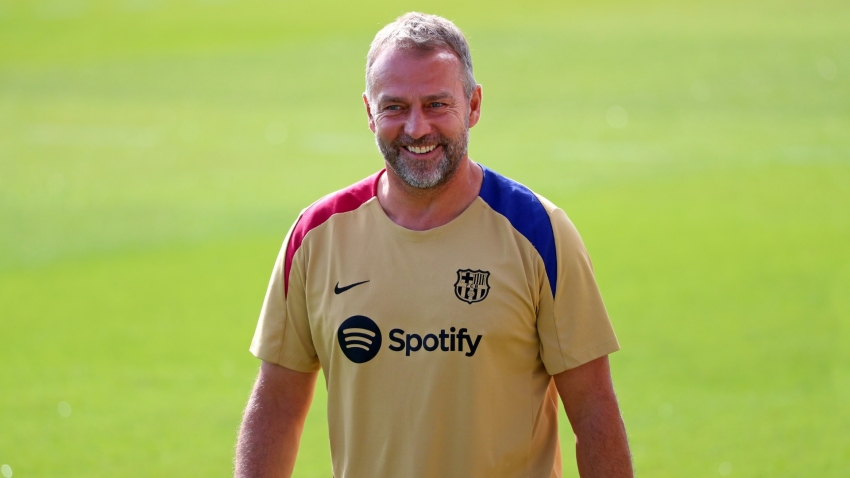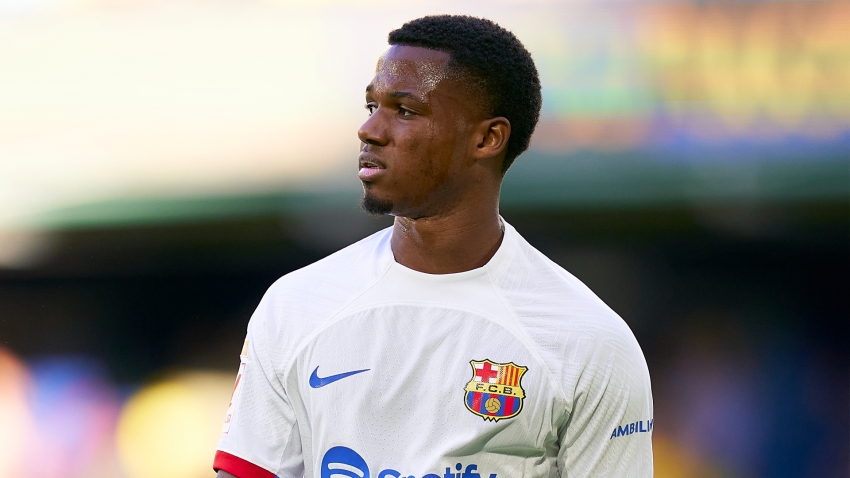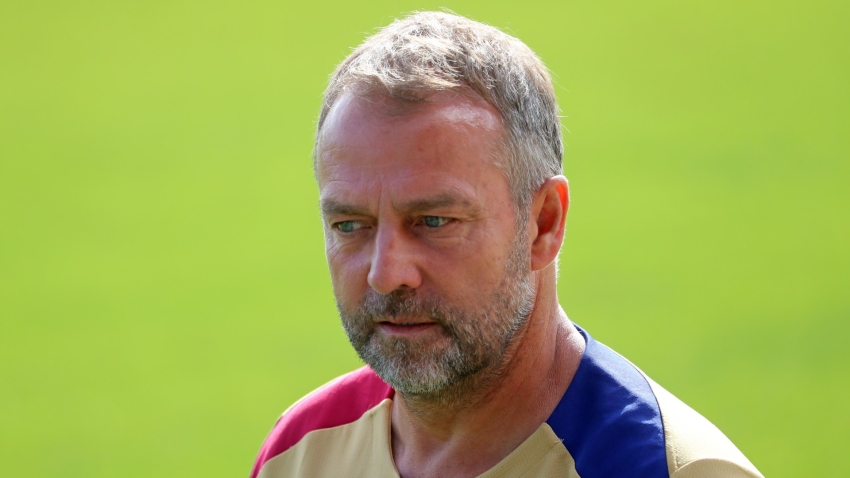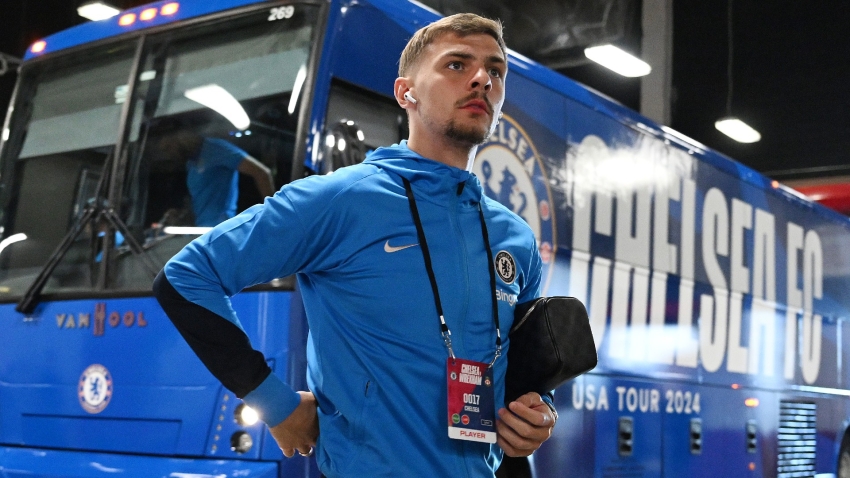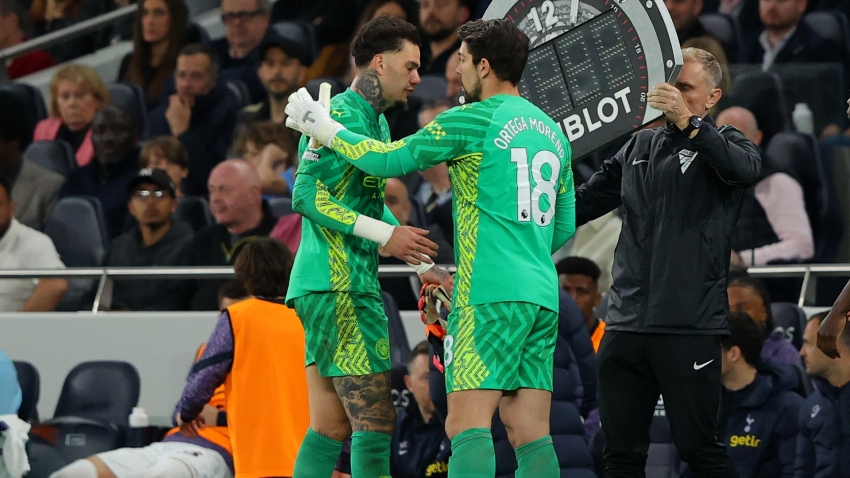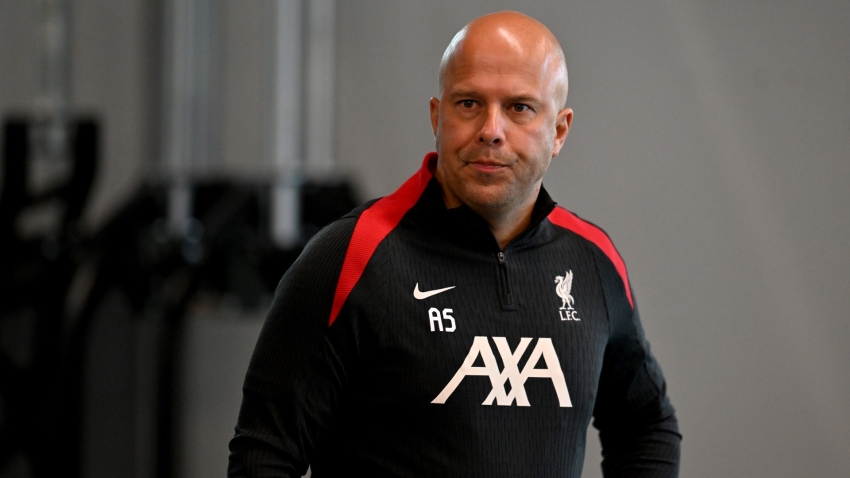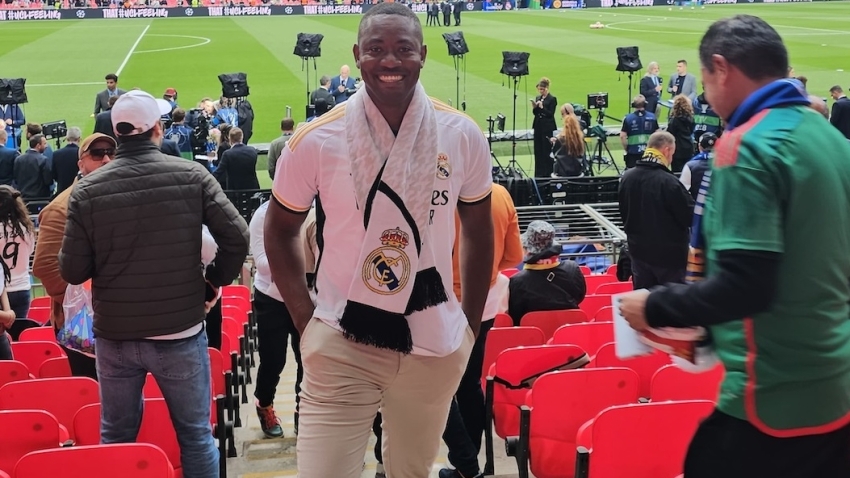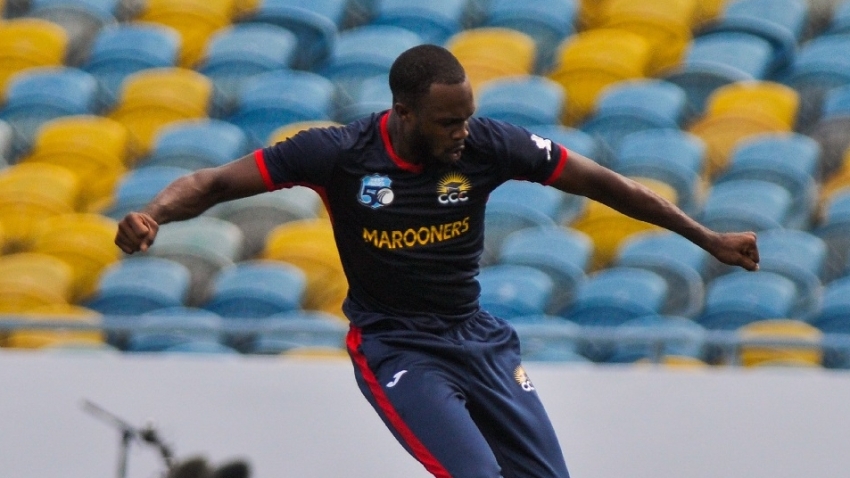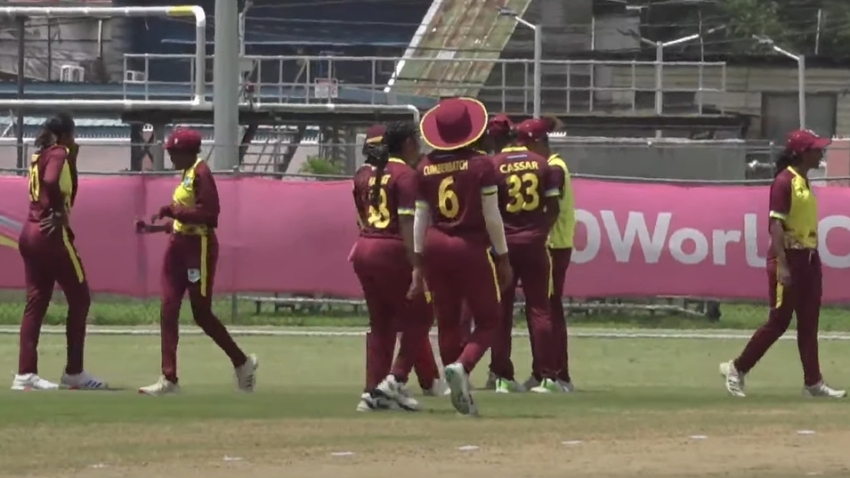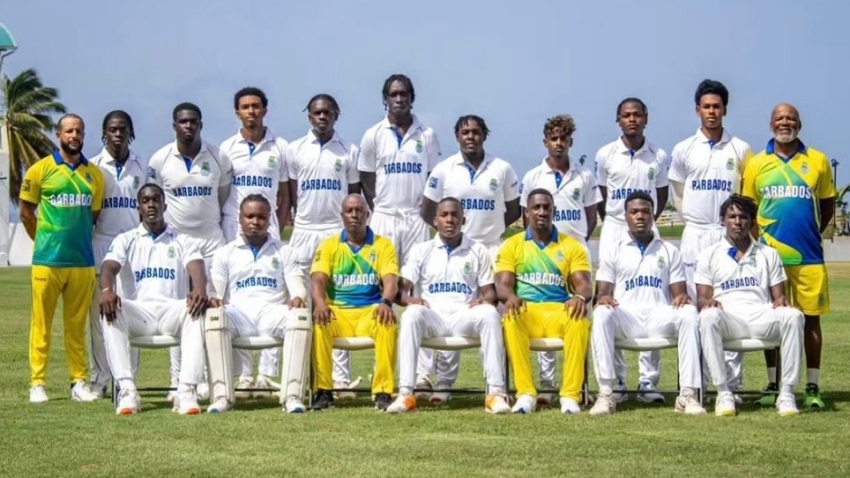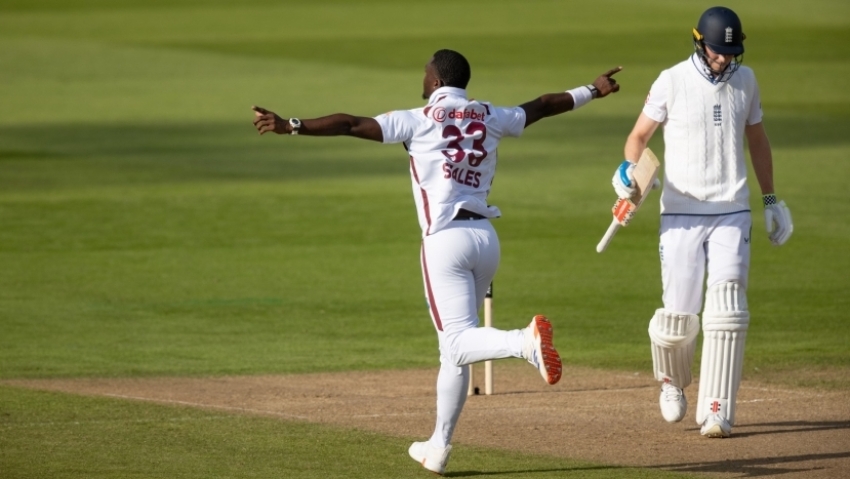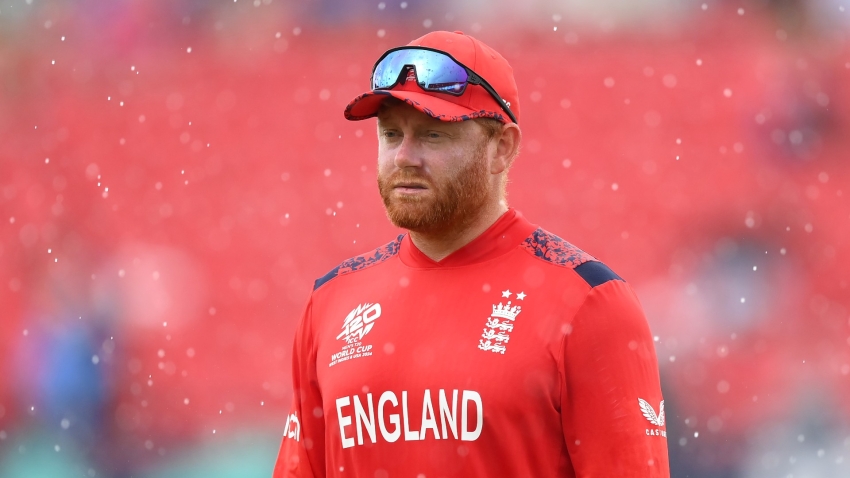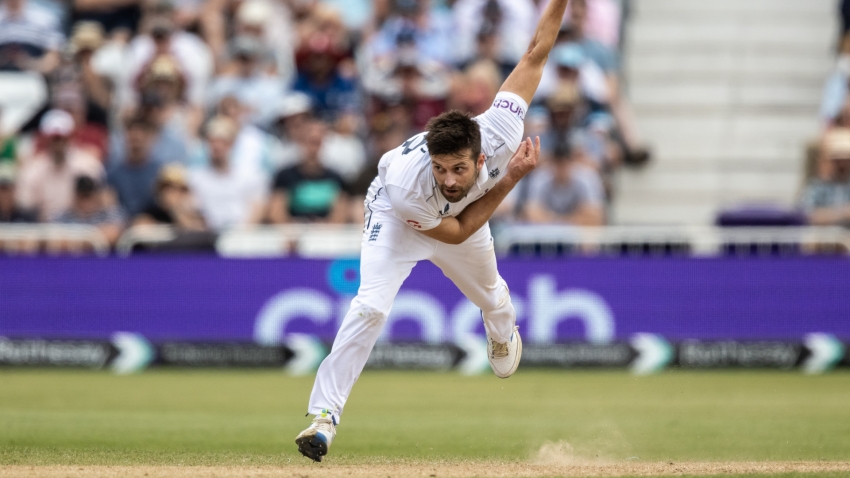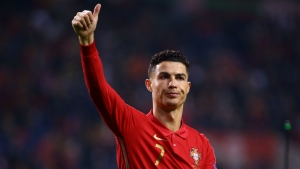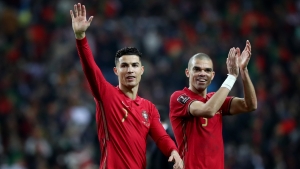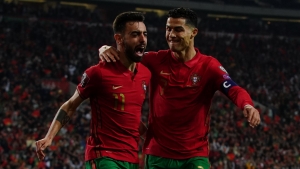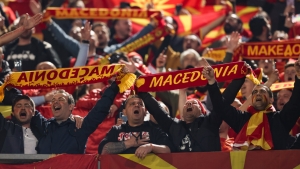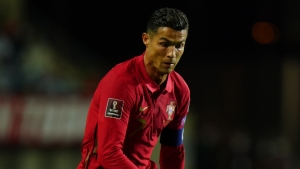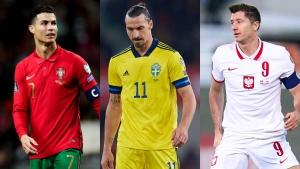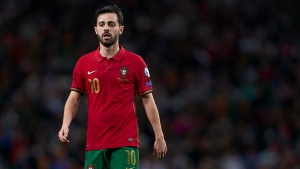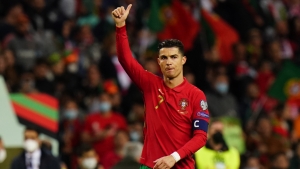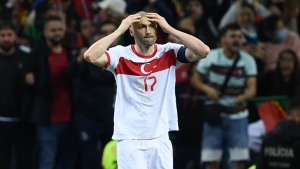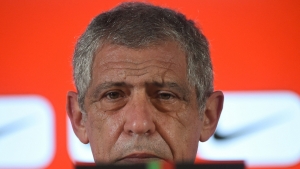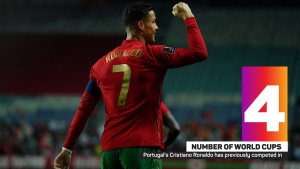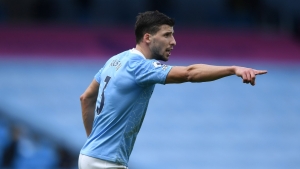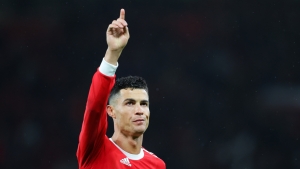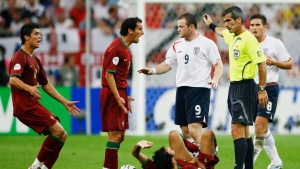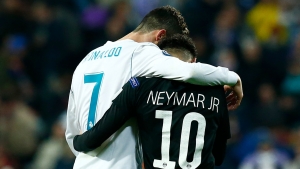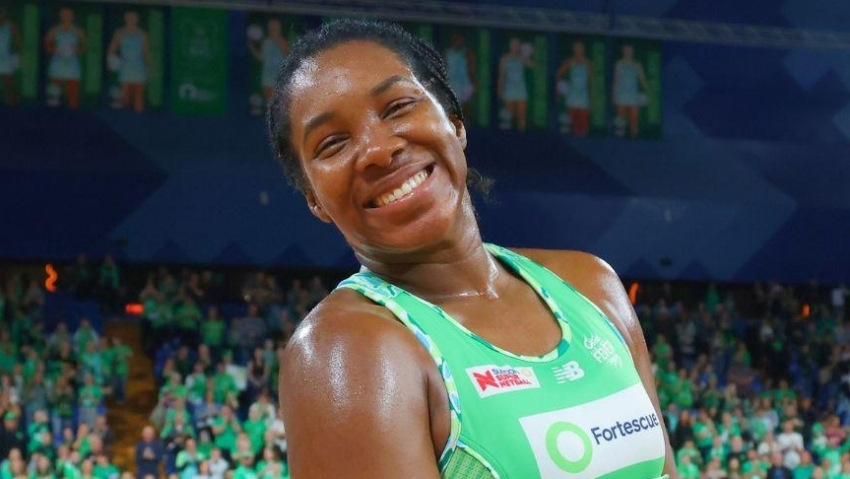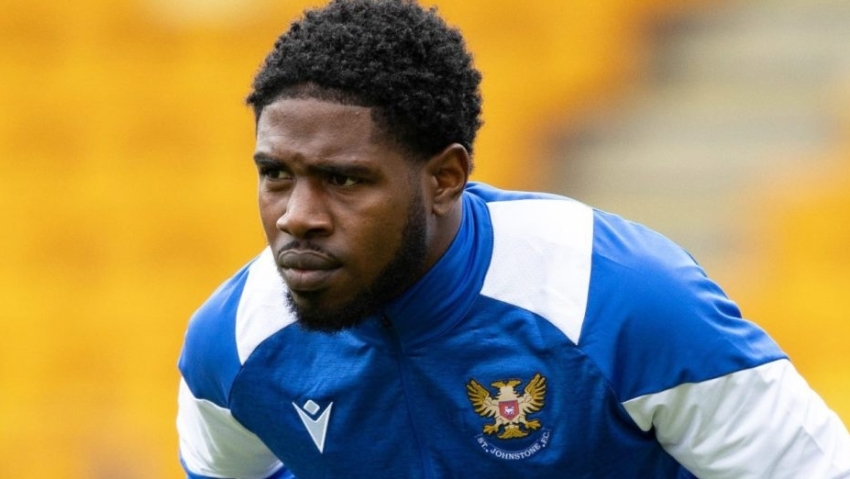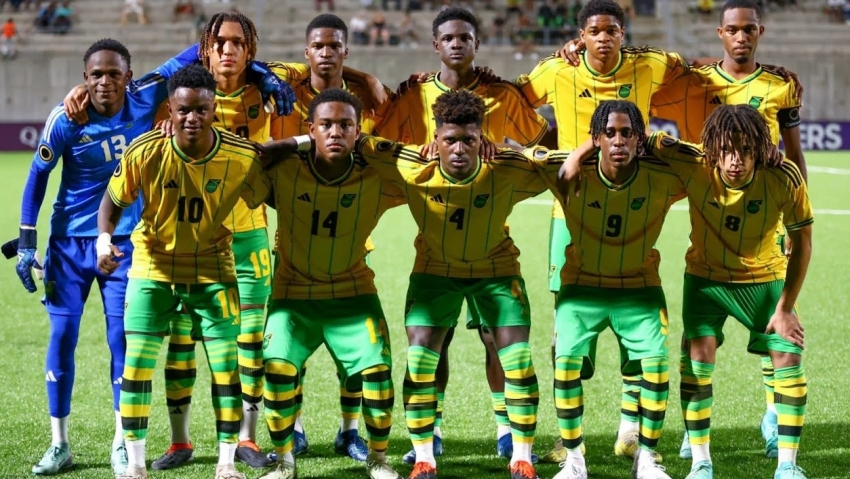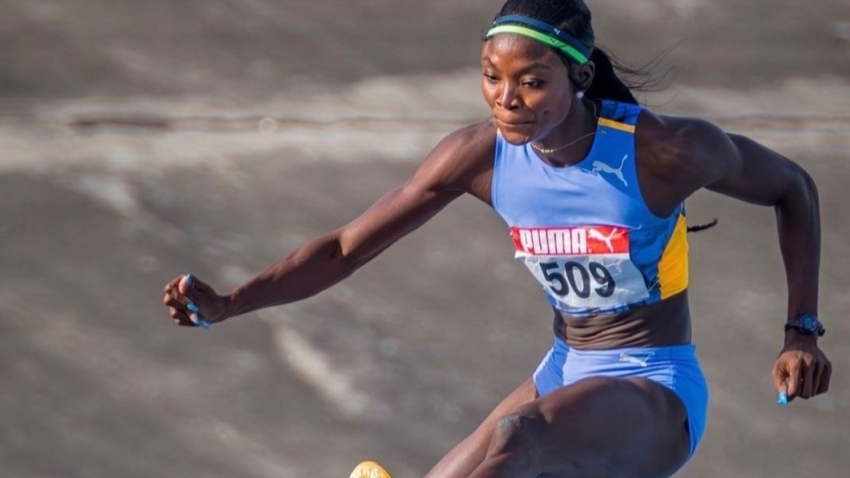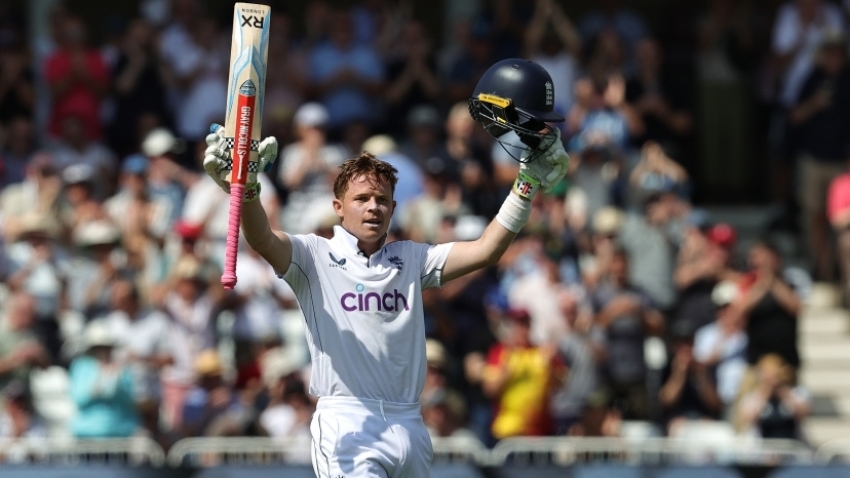Will it be Mohamed Salah or Sadio Mane? Italy or Portugal – or indeed neither? Can Canada end their long wait, and are the United States and Australia at risk of missing out?
Those questions and plenty more are set to be answered over the next week or so as World Cup qualifying concludes for many nations.
Just 15 of the 32 participants have so far been confirmed for Qatar 2022, leaving 48 teams battling for the 17 remaining spots.
Fourteen more countries will be assured of a finals berth come the end of next week in what is very much crunch time for those still in contention.
Stats Perform looks at the key talking points.
Egypt seeking revenge in AFCON final repeat
Less than two months on from meeting in the Africa Cup of Nations final, Egypt and Senegal face off over two legs for a place in Qatar.
Senegal prevailed in a penalty shoot-out to claim their first AFCON crown and, buoyed by that triumph, will consider themselves as favourites here.
While both teams boast an array of top-class talent, this fixture is being billed as a showdown between Liverpool team-mates Salah and Mane.
The two biggest stars in African football, only one of the pair will be part of the World Cup later this year – and neither will fancy watching it all unfold from home.
This is not the only grudge match taking place in the CAF section over the next week and a half, as fierce rivals Ghana and Nigeria will also face off in a two-legged play-off.
Cameroon are up against Algeria, Mali take on Tunisia and DR Congo meet Morocco in the other three ties, each of which will be concluded on March 29.
European heavyweights on collision course
Since the play-off draw in the UEFA section took place in November, all talk has centered around a potential meeting between Italy and Portugal for a place in the finals.
The winners of the past two European Championships, either the Azzurri or the Selecao will miss out on the biggest tournament of them all.
It should never have been this way, of course, as both teams were strong favourites to finish top of their groups and qualify automatically.
Italy finished second to Switzerland and Portugal were runners-up to Serbia, meaning the sides must now come through two qualifying ties.
First up for the reigning European champions is a meeting with North Macedonia in Palermo, while Portugal face Turkey in Porto, with the winners of both ties advancing.
Should, as expected, Italy and Portugal come through those semi-finals, the latter will have the advantage of staging the final on home soil five days later.
For Portugal skipper Cristiano Ronaldo, it presents what will surely be his last chance to play at a record-equalling fifth World Cup.
Pathways impacted by political events
Path C of UEFA qualifying is undoubtedly the most eye-catching, but there are also some tasty fixtures in the other two sections – not least a possible Home Nations derby.
Scotland and Wales were kept apart in the Path B semi-finals but could meet in the final should they overcome Ukraine and Austria respectively.
However, due to ongoing events in Ukraine, their game against Scotland has been pushed back – likely until June – as has the final involving either Wales or Austria.
In Path C, Russia had been due to face Poland, but the invasion of Ukraine forced FIFA and UEFA's hand and they have been banned from competing.
Poland have therefore been handed a bye to the qualifying play-off final, where either Sweden or the Czech Republic await. That match will be contested next week as planned.
Canada on verge of ending long wait, USA with work to do
The United States qualified for every World Cup between 1990 and 2014, but they missed out on a place at Russia 2018 after an embarrassing loss to Trinidad and Tobago.
Gregg Berhalter's side are by no means assured of one of the three automatic qualification spots in the CONCACAF section this time around, either.
USA sit second with three games to go, but they still have to travel to third-placed Mexico, as well as facing Panama and Costa Rica, who occupy fourth and fifth respectively.
Level on points with Mexico and four ahead of Costa Rica, it could be a tense finale to qualifying for the Stars and Stripes.
That should not be the case for Canada, who are eight points clear of fourth and are all but assured of ending their 36-year wait to make a second World Cup finals appearance.
Brazil and Argentina through, but who will join them?
The drawn-out South American qualifiers are nearing their conclusion and only four of the 10 sides know their fate at this juncture.
It has been plain sailing for Brazil and Argentina, who are assured of an automatic qualifying spot with three games to go, including a rescheduled meeting between the pair.
Behind those perennial World Cup representatives are Ecuador, who have been the surprise package in qualifying and can finish no lower than fifth.
Ecuador will not be content with anything other than a top-four finish, though, and they can make certain of that with victory over Paraguay.
Assuming Ecuador get over the line, that will leave Uruguay, Peru, Chile, Colombia and Bolivia battling it out for progression, which sets up some intriguing fixtures.
Uruguay occupy fourth place, meaning their qualifying aspirations are in their own hands, but they have Peru and Chile – the two sides behind them – still to face.
Socceroos sweating on finals spot
Only four teams advance automatically from the CONMEBOL section, with the team in fifth entering a play-off against the winner of the AFC fourth round in a one-off tie in June.
That may well turn out to be Australia as the Socceroos are five and four points behind top two Saudi Arabia and Japan in Group B with two games to go.
However, those remaining two fixtures are against those nations occupying automatic qualification places, so Australia may yet sneak through.
Iran and South Korea have already made certain of progression in Group A, meanwhile, leaving the United Arab Emirates, Lebanon and Iraq to compete for third place.
The two third-placed finishers – which, as it stands, are Australia and the UAE – will meet in a one-legged match ahead of that aforementioned play-off with a CONMEBOL side.


